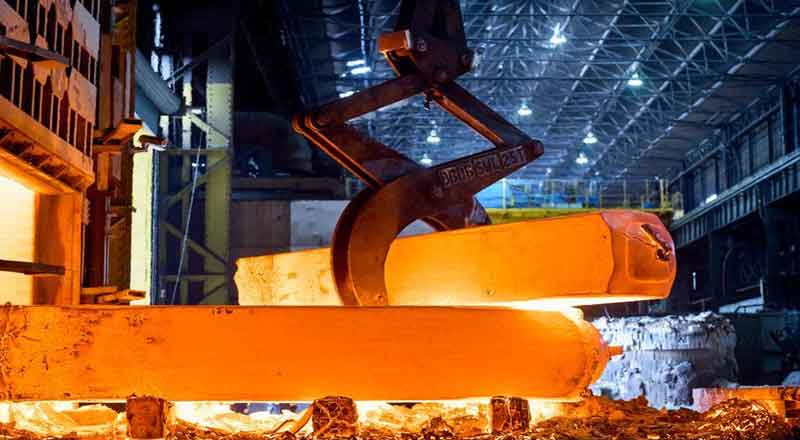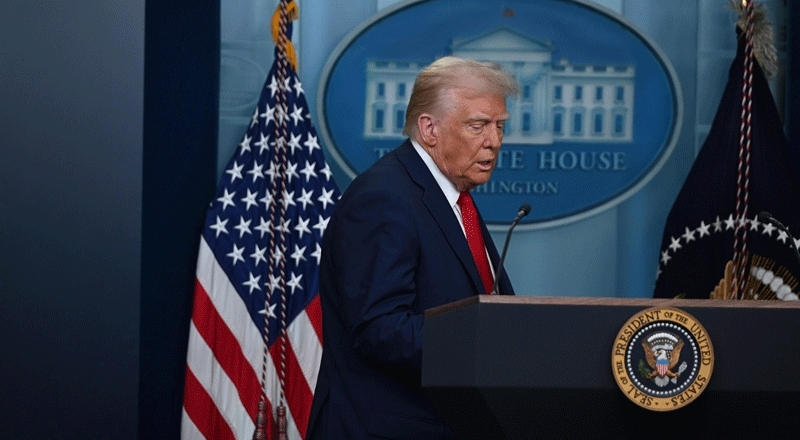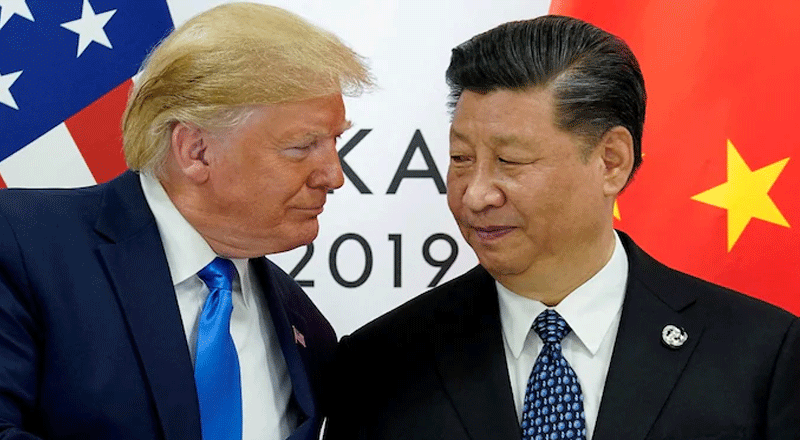Genoa (Italy) – The multinational engineering consultancy, inspection, and certification company, RINA, has announced the commencement of the six-year research Hydra project to build a 100% hydrogen-fuelled pilot plant capable of producing up to seven tonnes of different grades of steel per hour. This ambitious open research project will provide ground-breaking near-zero carbon technology and capabilities to the international steel industry.
Funded by the European Commission’s NextGenerationEU plan and backed by the Italian Ministry of Enterprises and Made in Italy through RINA’s Centro Sviluppo Materiali (CSM) in Castel Romano (Italy), the €88M Hydra project is part of the IPCEI (Important Projects of Common European Interest) and will involve a dedicated team of 120 people.
With over 3,500 different types of steel with unique physical, chemical, mechanical and magnetic properties, the steel industry accounts for around 8% of global emissions, with every tonne of steel produced currently emitting 1.63 tonnes of CO2 on average. The open research Hydra project aims to reduce emissions to mere kilograms of CO2 per tonne of steel and will make this world-changing technology available to the industry on the way to net zero.
Hydra will involve the design and construction of an operational pilot plant that will utilise hydrogen in every stage of the steel production cycle. The structure, scheduled for completion by 2025, will consist of a 30m high direct iron ore reduction (DRI) tower using hydrogen as a reducing agent, an electric furnace (EAF) and a reheating furnace. Through a testing and qualification hub, the project will also characterise the materials, equipment and internal infrastructure required, including transportation and storage, by steel producers to transition to 100% hydrogen fuelled steel production, ensuring a comprehensive and validated shift to hydrogen-based processes.
As part of Hydra, RINA, thanks to its extensive experience in hydrogen-based decarbonisation technologies, among which the world’s first test of a 30% gas-hydrogen blend in steel forging, will also establish a training centre to gather and disseminate know-how related to the design, implementation, and deployment of hydrogen-based decarbonisation technologies. The centre will become a permanent international research and development platform open to all stakeholders in the steel and energy industries.
Ugo Salerno, Chairman and CEO of RINA, stated: “Beyond the technological advancements, the truly unique nature of this project is its position as an open research facility. It is not intended or designed to provide a commercial advantage to any one steel producer but rather move the industry and the world forward in the use of 100% hydrogen production with near zero emissions. This is why the Hydra project has been supported since its inception by leading European steel producers, plant suppliers, utilities, and major stakeholders in the sector.”
“Ultimately, the technology will rely on the availability of hydrogen to power the steelmaking processes. By backing Hydra as an IPCEI project, the European Commission has underscored its commitment to the broader adoption of hydrogen as a sustainable energy source. With many industry projects underway for the use of hydrogen, we hope that this project will help move these forward by establishing the hydrogen infrastructure and supply chain needs of the steel industry.” concluded Mr Salerno.





